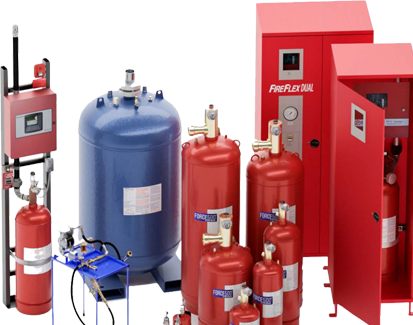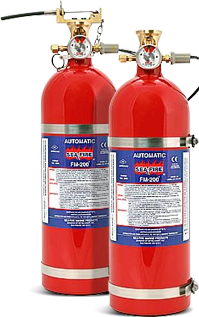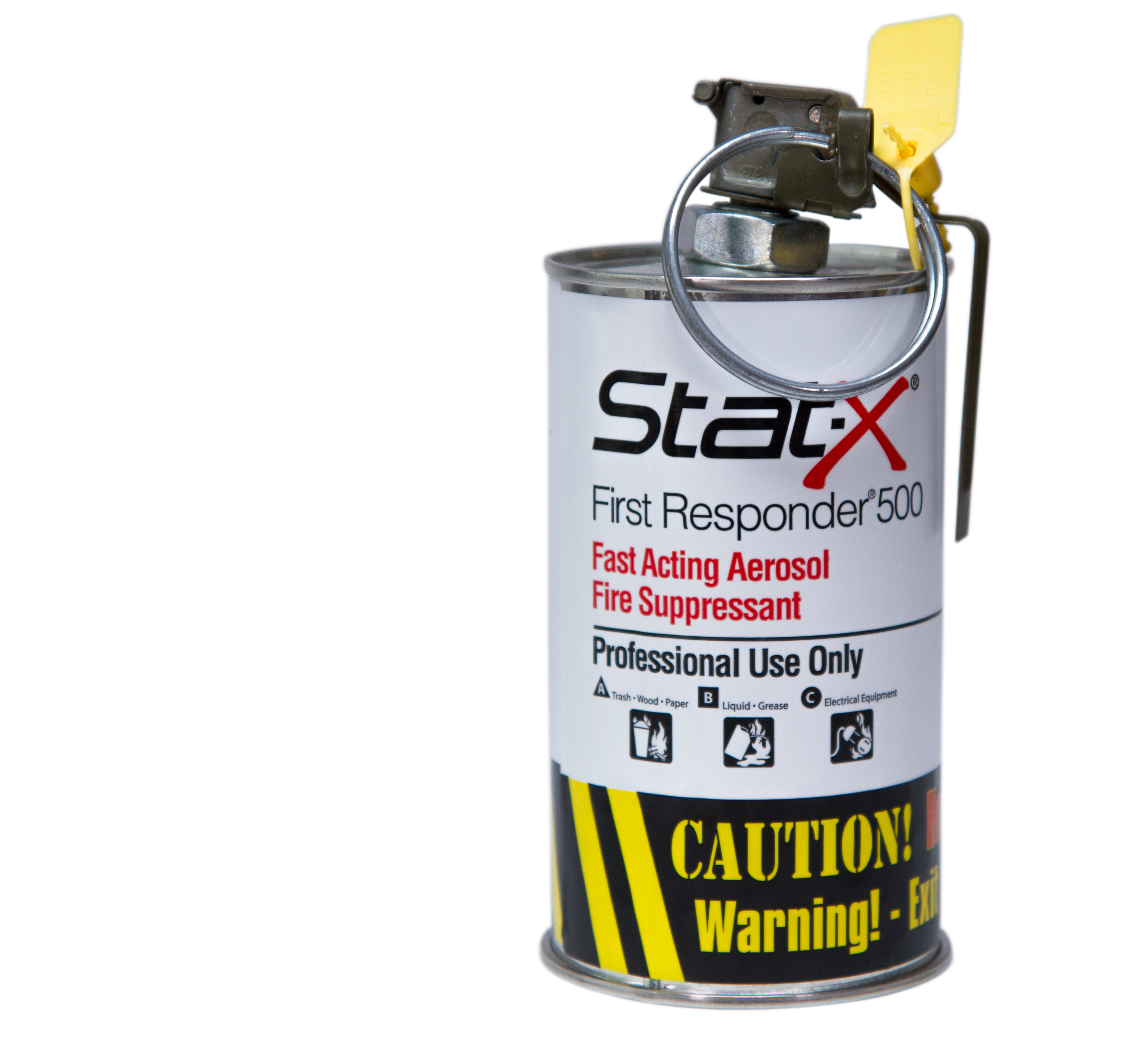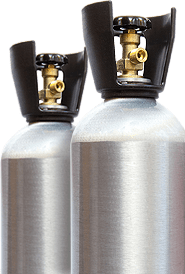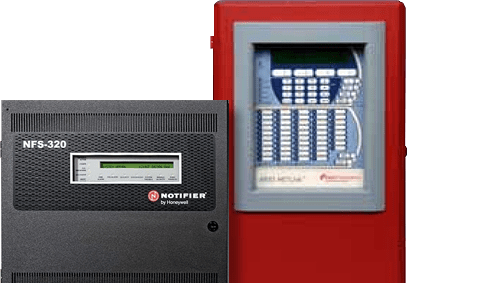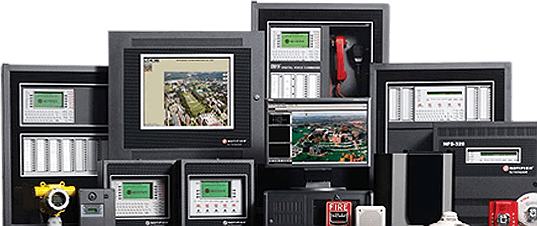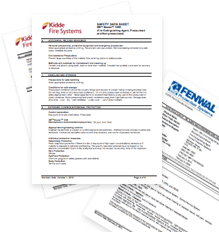Fire Safety in the Workplace: Tips to Prevent and Prepare for Emergencies

No workplace is immune from fire or the dangers of a fire. It is imperative that employers recognize that only proper planning and preparation can maintain a safe work environment to protect employees and visitors from the danger of unexpected fire. To mitigate these dangers, employers should understand fire hazards, the importance of preplanning, and the safeguards that can be installed in the workplace to ensure a safe work environment.
Creating a Fire-Safe Workplace
Life Safety and a safe work environment are the responsibility of employers and employees. At the outset, employers must recognize the importance of providing a safe work environment. Employees must also understand their role in maintaining a safe work environment. Creating a fire-safe workplace is a team effort.
Explore further
Minimizing Fire Hazards
Malfunctioning or improper electrical equipment is probably the most common fire hazard found in most workplaces. Flammable materials, improper storage of flammable liquids and the misuse of electrical equipment are also high on the list of fire hazards in the workplace. Unfortunately, these types are fire hazards are often overlooked on a daily basis as complacency and familiarity lead to a lack of concern.
One of the best ways to eliminate fire hazards in the workplace is to institute a regular and monitored inspection process. Regular inspections help keep employees aware and knowledgeable about potential hazards in the workplace. Such inspections, when done routinely, can thwart potential problems by identifying hazards and poor practices before an actual emergency event occurs.
Another tool that can be used in the workplace to ensure good fire safety practices is to annually review polices and procedures that can lead to fire safety problems. Housekeeping practices, storage requirements and methods, and policies on the use of extension cords, heating equipment and other ancillary devices should be reviewed and reinforced with employees.
Fire Safety Equipment and Maintenance
Almost all commercial are now required by law to have fire alarms, fire extinguishers, and, in some cases, sprinkler systems installed. Unfortunately, it is not uncommon to find these systems compromised by a lack of maintenance and upkeep. In some ways a non-functioning fire protection system is worse than no system at all. Employers and employees may have a false sense of security, believing they are protected when the system is not functioning properly.
Any fire alarm or fire protection system must be maintained through a regular and ongoing program of inspection, maintenance and testing. The manufacturer's specifications and recommendations for the system should always be followed to ensure the system operates reliably and consistently. Fire extinguishers should be inspected annually and serviced as necessary. Employees should be trained in the proper use and operation of all fire protections systems.
Fire Evacuation Planning and Drills

Good planning is essential to develop adequate evacuation routes from any workplace or structure. But planning without process is almost useless. Until you communicate the plan to your employees and follow up by exercising and trying those plans, you have not effectively created a safer work environment.
People also search
Developing an Evacuation Plan
Evacuation planning is not something to be done haphazardly or without an understanding of proper life safety and fire safety concepts. Understanding fire loading, building layout, traffic patterns, and how people react in emergency situations all must be considered when designing an evacuation plan. Most experts agree that any fire evacuation plan be prepared by a professional with the proper training and accreditation.
Of course, once the evacuation plan is prepared and adopted, it must be communicated and taught to those who occupy the structure regularly. Signage should be posted showing the established evacuation routes and employees should be trained regularly in using these evacuation plans effectively. Plans should be regularly reviewed and discussed with your employees.
Practicing Fire Drills Regularly
No plan can be effective unless it is tested and exercised. All to often in emergency situations, people react unexpectedly. In sports, players practice the same drills repeatedly to ensure that when the time comes, they react and perform as expected. Many people call this muscle memory. Practicing fire drills has the same effect. People will tend to react the way they have been taught and have practiced.
Fire drills are also an opportunity to review and update fire evacuation planning. Changes in building layouts, new construction, or different work patterns can render a good plan obsolete. Oberving and documenting how well evacuation plans work during drills is an excellent opportunity to spot problems where revisions may be necessary.
Preventing and preparing for emergencies in the workplace is a critical part of any emergency preparedness plan. Proper policies and procedures can help lessen the risk of fire. Good practices in maintenance and operation of fire protection systems can ensure that those systems operate reliably and consistently. Planning and evaluating evacuation plans must be a major component of any life safety plan. Educating employees can be critical to the success of such a plan when it is needed.
IF you have questions or concerns about your fire suppression system, planning, or preparation, contact Control Fire Systems . CFS offers fire engineering services and products to ensure that your business and personnel are properly protected and prepared for any fire emergency.





